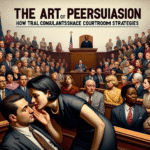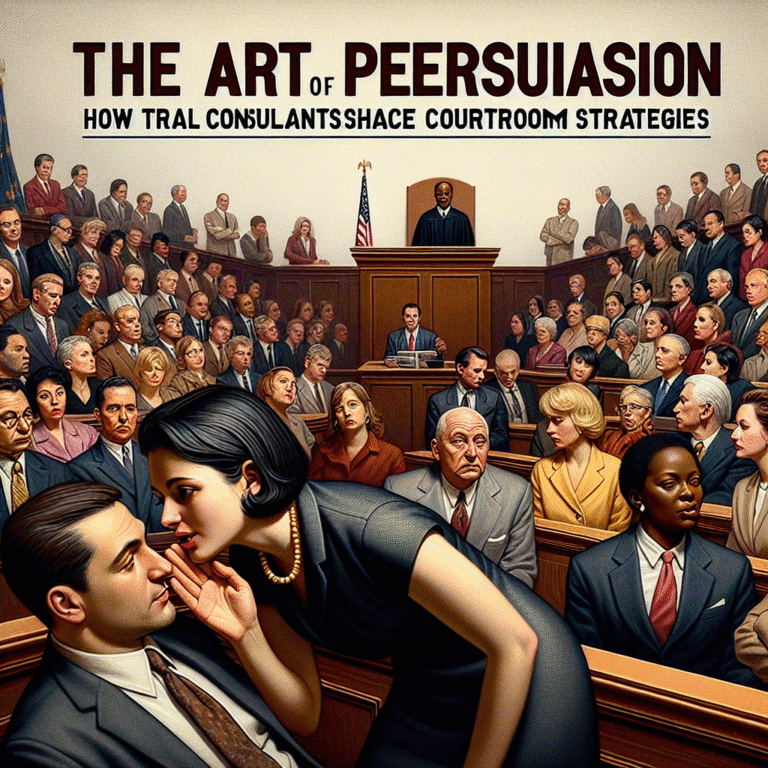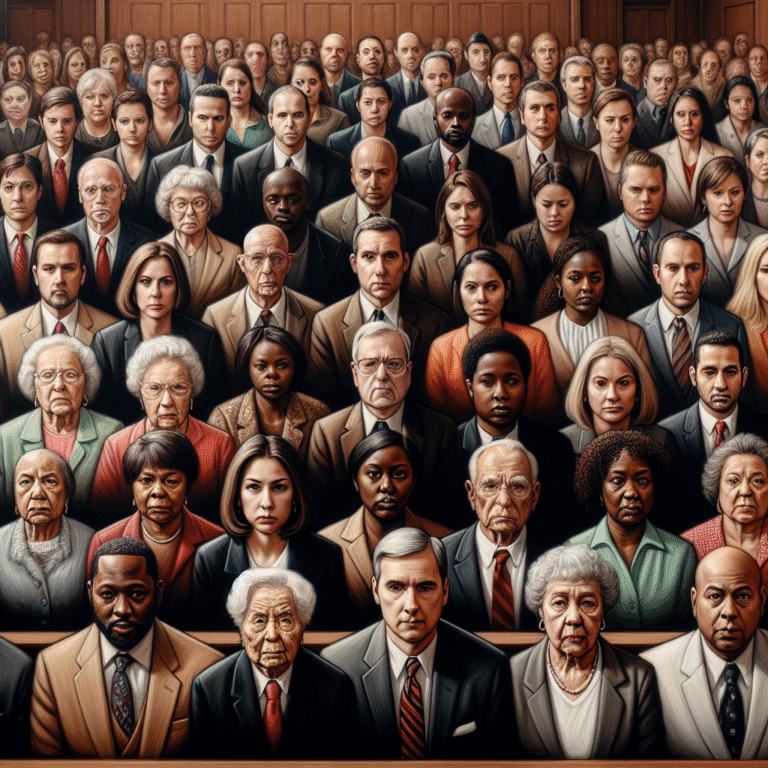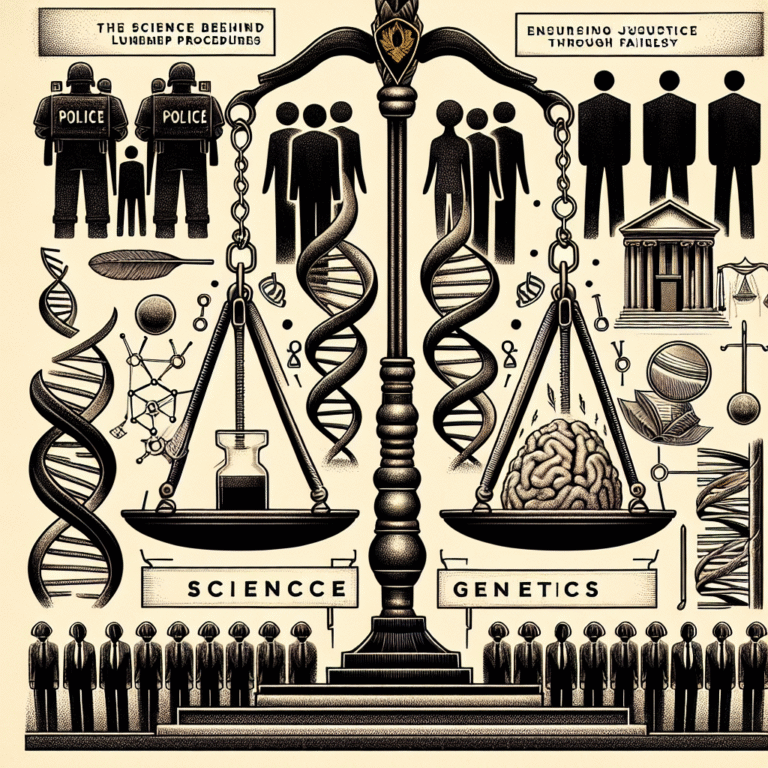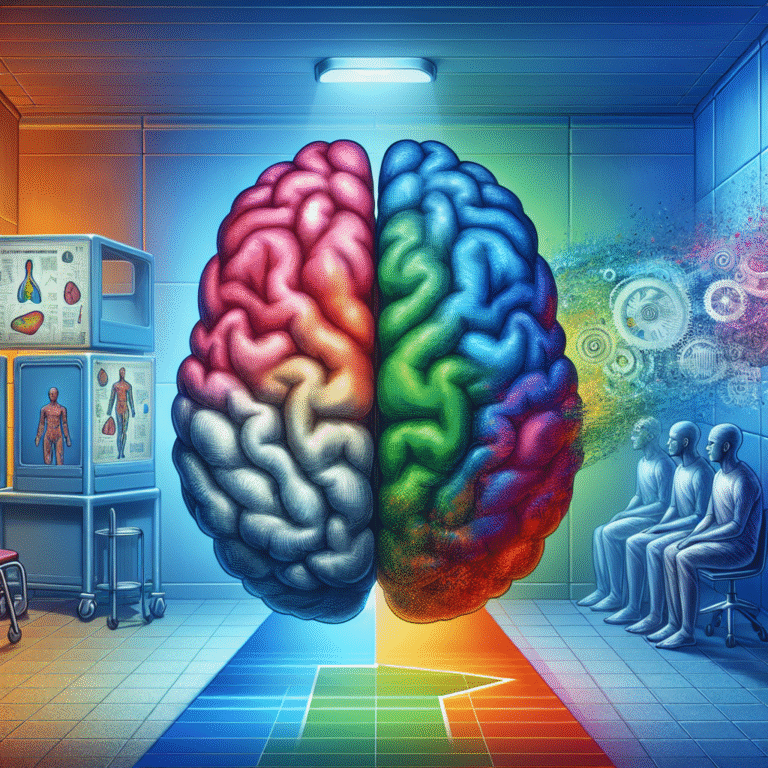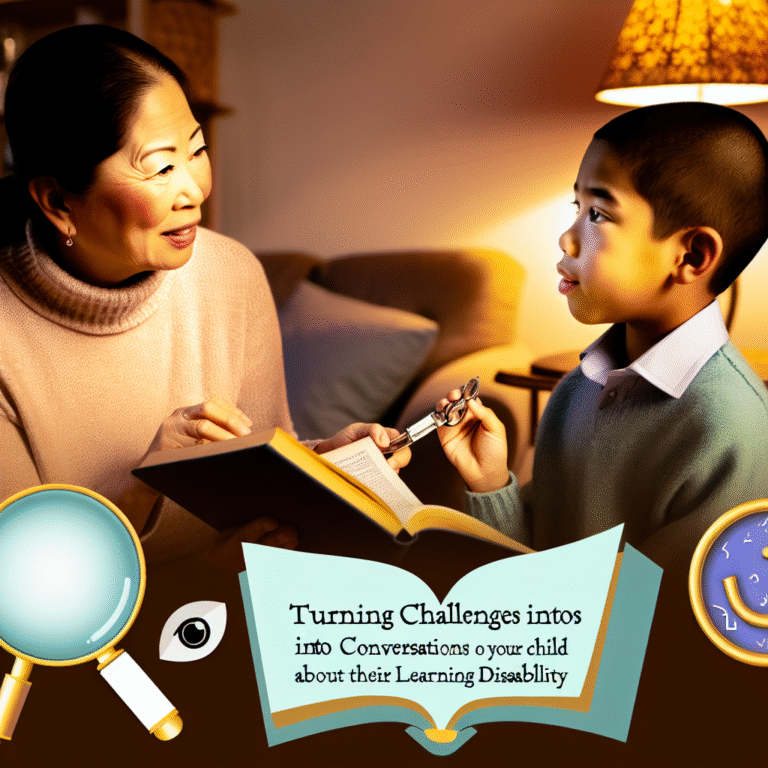
Introduction
Imagine walking into a courtroom, your heart racing, palms sweaty, as your mind races back to the trauma you endured. For many, this scenario isn’t just fictional; it’s a harrowing reality shaped by the invisible scars of Post-Traumatic Stress Disorder (PTSD). The Silent Struggle: How PTSD Affects Legal Outcomes delves into this complex interplay, exposing the nuances between mental health and legal proceedings. It’s vital to understand how PTSD influences various legal outcomes, from custody battles to criminal defense cases, and why addressing this issue is crucial for justice.
Understanding PTSD: A Foundation for Legal Implications
What is PTSD?
Post-Traumatic Stress Disorder is a mental health condition triggered by experiencing or witnessing a traumatic event. Symptoms often include flashbacks, severe anxiety, nightmares, and persistent thoughts about the trauma. Understanding the extensive impact of PTSD is crucial in recognizing its significance within legal contexts.
Prevalence of PTSD
According to the American Psychiatric Association, roughly 7-8% of the U.S. population will experience PTSD at some point in their lives. This staggering statistic emphasizes the importance of integrating knowledge about PTSD into the legal framework.
How PTSD Impacts Daily Life
For individuals living with PTSD, everyday tasks can trigger distress. Their perceptions of reality often differ from those without such experiences. In legal situations, these altered perceptions can profoundly influence decision-making and behavior.
Legal Settings Where PTSD Influences Outcomes
Criminal Cases
Case Study: Veteran Defense
Take, for example, a combat veteran charged with assault. The defendant may argue that their behavior resulted from untreated PTSD caused by their experiences in war. Courts have increasingly recognized mental health issues as legitimate factors in criminal behavior, showcasing the importance of understanding The Silent Struggle: How PTSD Affects Legal Outcomes.
| Factor | Impact on Legal Outcomes |
|---|---|
| Presence of PTSD | Possible reduced sentences |
| Lack of treatment | May impact credibility of the defendant |
Analysis: In this case, the veteran’s PTSD played a critical role in the court’s assessment, leading to a more lenient judgment by highlighting the mental health context behind the action.
Civil Liability Cases
Case Study: Workplace Harassment
In civil liability cases, PTSD can also substantially influence the outcome. A worker experiencing severe PTSD due to workplace harassment finds it difficult to return to work. If they pursue a lawsuit against the employer, evidence of their psychological distress can be pivotal.
| Element | Legal Consideration |
|---|---|
| Documented PTSD | Essential for claims |
| Connection to Harassment | Key for establishing liability |
Analysis: The worker’s condition serves not only as a personal struggle but also as a crucial aspect in legally establishing a link between the employer’s actions and the claimant’s suffering.
Family Law Cases
Case Study: Child Custody
In custody disputes, the mental health of parents can significantly sway the outcome. If a parent suffers from PTSD, their ability to provide a stable environment for their children may be scrutinized.
| Concern | Legal Weight |
|---|---|
| Custodial preferences | May favor mentally stable parent |
| Treatment evidence | Can influence custody arrangements |
Analysis: Here, The Silent Struggle: How PTSD Affects Legal Outcomes comes into play, as courts assess the implications of PTSD on parenting capabilities. A history of effective treatment may mitigate concerns, showcasing the importance of mental health management in custody battles.
The Role of Legal Professionals in Addressing PTSD
Legal Education and Awareness
The legal field must prioritize educating lawyers, judges, and other legal personnel about mental health disorders like PTSD. Awareness enables them to recognize signs and symptoms in clients and witnesses.
Expert Testimony
In cases where PTSD is relevant, expert testimony regarding the disorder can be invaluable. Mental health professionals who assess the individual can provide clarity, context, and make the invisible visible, bridging the gap between legal jargon and psychological realities.
Strategies for Implementation
- Training Programs: Continued education for legal professionals on mental health and PTSD.
- Standardized Assessments: Incorporating mental health assessments in legal procedures.
Societal Perceptions and the Stigma Surrounding PTSD
Breaking the Stigma
The Silent Struggle: How PTSD Affects Legal Outcomes is further entrenched by societal stigma. Misconceptions about PTSD often lie at the root of biases against those who suffer from it. Overcoming these societal barriers is essential for fair legal treatment.
Support Networks
Establishing support systems, such as community resources and legal aid organizations, can assist individuals navigating the complexities of the legal system while managing PTSD.
Conclusion
The Silent Struggle: How PTSD Affects Legal Outcomes is a critical discourse that necessitates attention. By understanding the profound implications of PTSD on legal proceedings, from criminal cases to family law, we can work towards a more empathetic and informed legal landscape. It’s crucial for both legal professionals and society at large to understand and address these challenges, ensuring that justice is equitable and compassionate for those wrestling with the unseen burdens of trauma.
Motivational Takeaway
No one should have to navigate their battle with PTSD alone, especially within the confines of a courtroom. It is vital to foster understanding, awareness, and compassion in all aspects of the legal process, creating a system where mental health is seen as an essential component of justice.
FAQs
1. How can PTSD influence a defendant’s behavior in court?
PTSD can manifest in symptoms such as anxiety and avoidance, potentially leading to misinterpretations of a defendant’s actions or statements in court, affecting legal outcomes.
2. Can PTSD be used as a defense in criminal cases?
Yes, evidence of PTSD can be presented as a mitigating factor that may lead to reduced sentences or alternative forms of justice.
3. How does PTSD affect custody battles?
PTSD can impact a parent’s ability to provide a stable environment for their child. Documented treatment and management can influence custody decisions.
4. What role do mental health professionals play in legal cases involving PTSD?
Mental health professionals can provide expert testimony that offers insight into the impact of PTSD on the individual, helping to clarify its relevance in legal contexts.
5. Are there resources available for individuals dealing with PTSD in legal situations?
Yes, numerous organizations and legal aid services provide support for individuals facing legal challenges while managing PTSD, ensuring they receive the assistance they need.
By shedding light on The Silent Struggle: How PTSD Affects Legal Outcomes, we advocate for a more inclusive and understanding legal system that accommodates the needs of those affected by trauma.

